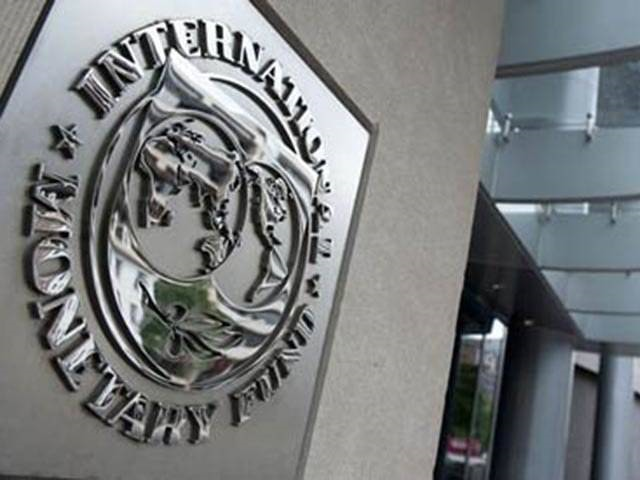Sooner or later, country will need IMF programme
Time will tell whether the government is able to solve structural problems to correct balance of payments

Time will tell whether the government is able to solve structural problems to correct balance of payments. PHOTO: FILE
One camp holds the view that the government should opt for the programme as soon as possible. It has already delayed the IMF programme, which is making the management of economy tough in the coming months. The government has delayed the needed reforms and it should approach the lender of last resort to bolster the foreign exchange reserves.
On the contrary, the other camp thinks that the government may delay the IMF programme to the extent possible and ask for help from friendly countries.
The camp asking for the IMF assistance is of the view that the country is facing an acute balance of payments crisis since foreign exchange cover is hovering around two months of imports at the moment.
They are the followers of the twin deficit (fiscal and trade) theory. Keeping in view the twin deficit, the country should adopt austerity measures.
There is a need to curtail the trade deficit by following import compression. The better way to do import compression is depreciation of the Pakistani rupee compared to the US dollar. In addition, there is a need to jack up exports. If exports are not increasing at the desired pace, imports should be suppressed quickly.
On the fiscal front, the government has to curtail the fiscal deficit. Average fiscal deficit has been hovering around 6% since 2002. Considering the fiscal inflexibility, it is difficult to curtail the deficit at a fast pace.
The usual argument is that wasteful expenditure such as subsidies needs to be curtailed. Public sector enterprises (PSEs) come under attack. The evergreen solution is proposed in the form of privatisation of the PSEs. Has the privatisation yielded desired results in Pakistan? This is a debatable question.
If a newly installed political government curtails the deficit, it will sap aggregate demand, which plays a significant role in propping up the economy. The conditionality clause of the IMF demands that the deficit should be curtailed quickly. This kind of adjustment is not acceptable to the politicians, therefore, the success of such an IMF programme becomes difficult.
On the revenue mobilisation side, there is always a loud talk to broaden the tax base. In order to broaden it, successive governments need to follow the same set of policies which couldn’t happen. Here the case of restricting non-filers of tax returns from buying new motor vehicles is instructive where the government ultimately surrendered. This, in turn, will promote non-compliance with the taxation mechanism.
Govt, IMF yet to decide on bailout package: Asad Umar
The other camp justifies the current stance taken by the government to delay the IMF programme as the government is continuously knocking at the doors of friendly countries to get balance of payments support.
This camp has asked for a slow adjustment of the fiscal deficit keeping in view the ground realities. It has also suggested phased implementation of the adjustment of utilities such as electricity and gas.
Although the government has heavily cut down the development budget in the current year, the current expenditure has kept on increasing.
The precious foreign exchange is coming in the form of much-needed installments, which has slowed down the pace of import compression. Despite a massive depreciation of the rupee, the import compression is taking place at a normal pace.
Govt, IMF yet to decide on bailout package: Asad Umar
In a nutshell, both camps almost converge at the point that the IMF programme is the eventuality. Both camps have proposed more or less similar kinds of expenditure rationalisation programmes. The key difference is the timing to take the programme.
The most important question in this context is whether the government would be able to solve the structural problems faced by the balance of payments or not. Interestingly, the probability of the next time is high.
The writer is an Assistant Professor of Economics at SDSB, Lahore University of Management Sciences (LUMS)
Published in The Express Tribune, March 18th, 2019.
Like Business on Facebook, follow @TribuneBiz on Twitter to stay informed and join in the conversation.


















COMMENTS
Comments are moderated and generally will be posted if they are on-topic and not abusive.
For more information, please see our Comments FAQ